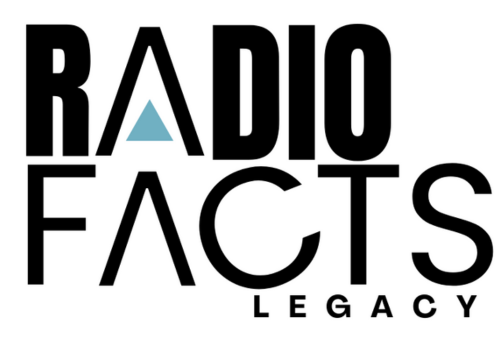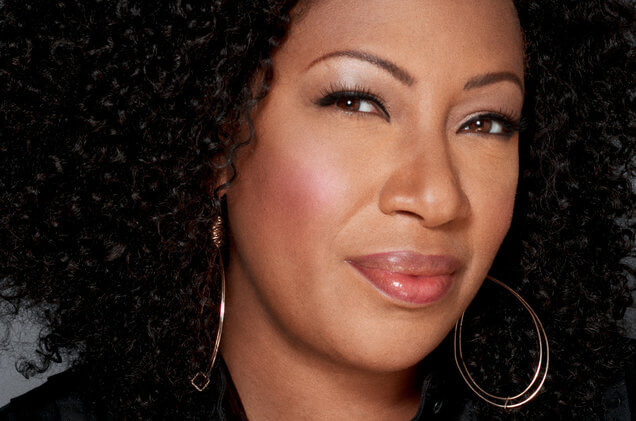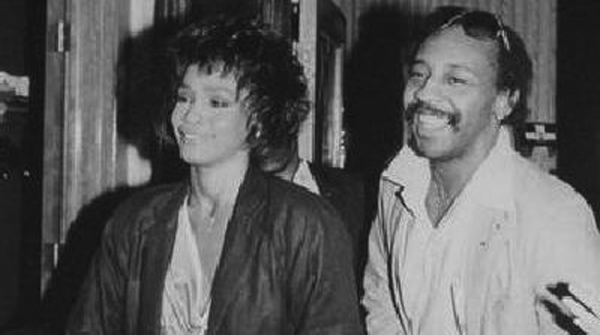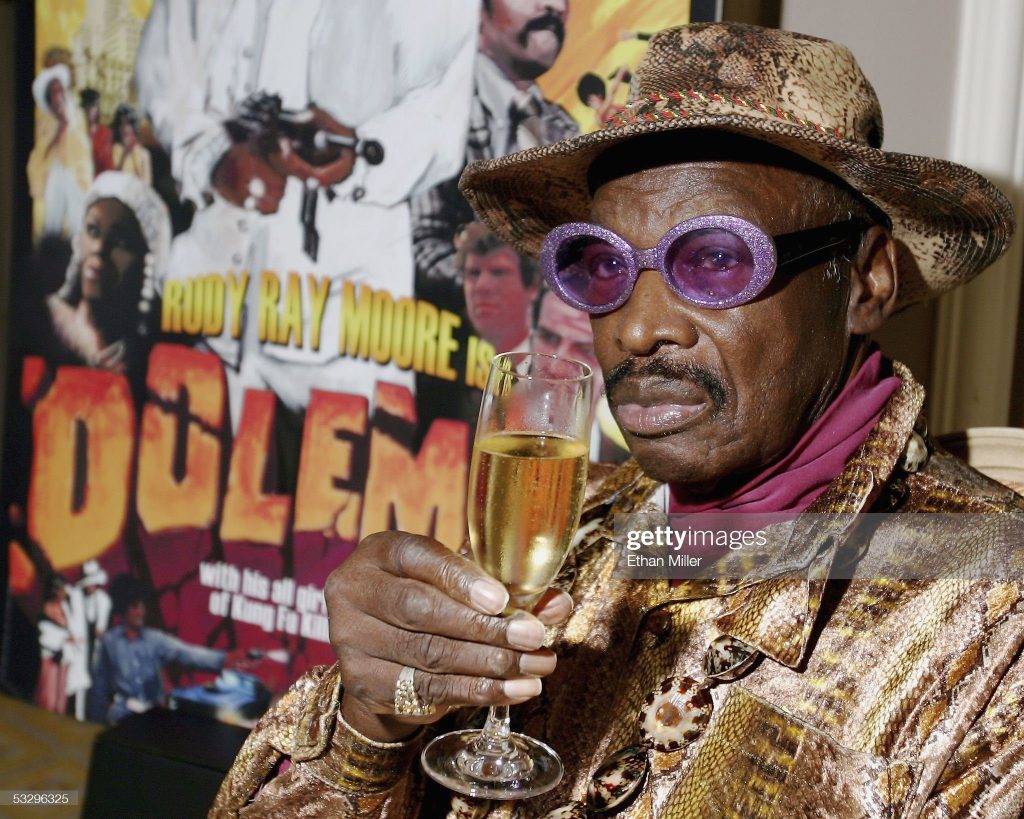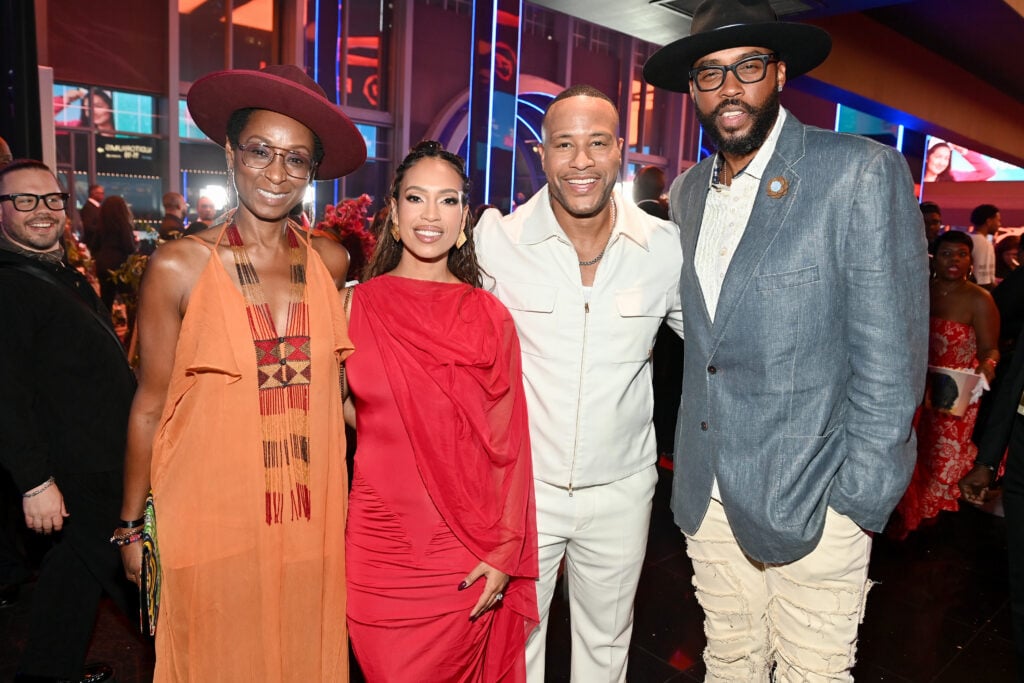Charlamagne Tha God criticized diversity, equity, and inclusion (DEI) initiatives on The Daily Show, calling them “mostly garbage” and questioning their effectiveness in corporate America. He highlighted the lack of Black leadership in companies and the performative nature of some DEI efforts following George Floyd’s murder.

Charlamagne, Candace Owens, Dr. Shaun Harper
However, the founder and executive director of the USC Race and Equity Center, Dr. Shaun Harper, someone who may have uniquely benefited from DEI as a black man, countered Charlamagne’s claims in a Forbes response, emphasizing the positive impact of their DEI work across various organizations and citing evidence that contradicts Charlamagne’s assertions. However, there isn’t a single, definitive statistic on the percentage of Black men who benefit from Diversity, Equity, and Inclusion (DEI) programs.
Black Women Face Challenges
The Supreme Court’s decision to strike down affirmative action has sparked a wave of attacks on corporate Diversity, Equity, and Inclusion (DEI) initiatives, mainly targeting programs supporting Black women entrepreneurs. Black women, the fastest-growing demographic of entrepreneurs in the U.S., face significant barriers in accessing venture capital, receiving only 0.34 percent of total venture capital in 2021.
Lawsuits like the one filed by the American Alliance for Equal Rights against the Fearless Fund, which supports Black women entrepreneurs, threaten to further limit their access to essential resources for business growth. Despite these challenges, initiatives like the BuildNOLA Mobilization Fund demonstrate the positive impact of targeted support, enabling Black women to overcome barriers and contribute significantly to economic prosperity. The fight against these legal and systemic obstacles is crucial for closing the racial wealth gap and ensuring economic stability and wealth-building for Black women and their communities.
The Forbes piece also discusses the potential “misuse” of Charlamagne’s statements by DEI opponents and the importance of DEI programs in combating discrimination and promoting mental wellness in workplaces.
University of Texas
The University of Texas at Austin faces layoffs due to a ban on DEI efforts, leading to concerns about diversity in higher education. HBCUs like Spelman College see increased enrollment (13%) as students seek a nurturing and inclusive environment. Charlamagne tha God’s criticism of DEI sparks a discussion on the importance of addressing historical injustices.
UT Austin faced layoffs due to a state law banning diversity efforts, which impacted students of color. As a result and benefit, which may end up being a double-edged sword when entering the workforce, Black students are increasingly choosing HBCUs, like Spelman College, because they feel safe and nurtured.
Nielsen: The Largest Ratings Company That Determines What People Watch and Listend to … Sued for Discrimination?
Nielsen is a company specializing in audience measurement, data, and analytics, particularly in media and consumer behavior. It is most famous for its Nielsen ratings, which track viewership for television, radio, and even the fleeting newspaper industry.
But Nielsen goes beyond ratings. They use data collection and analysis to understand what consumers watch and buy. This provides valuable market research for businesses, who can use this information to target their advertising and content more effectively. So, Nielsen helps companies to understand what people like and how to reach them.
Then Again…

in 2020, Nielsen was sued by Cheryl Grace, a Black woman and longtime Nielsen executive who spearheaded the company’s annual report on Black consumers, sued Nielsen for … racial discrimination.
Grace alleged was passed over for a promotion despite her qualifications and contributions to the company. She also claimed her efforts to discuss racial equity with executives were met with hostility.
This lawsuit came despite Grace’s prominent role representing Nielsen’s commitment to diversity and inclusion, particularly for Black consumers. The corporate behemoth settled the discrimination suit with undisclosed terms by both parties in 2021.
Organizations like the NAACP and Reputation
On the other end of that spectrum, where do Black people go when they feel a business has discriminated against them (besides an attorney) to prevent the situation from happening again to others and to invoke change?
Candace Owens pointed out that when was in high school, had a very negative experience with the NAACP. She claims they used a racist situation encountered to further their own agenda.
While some might find this far-fetched, particularly (and oddly) many Black people who are conservatives who disagree with Candace Owens’ views, a similar situation happened to our organization in the early 1990s.
We were discriminated against by a radio corporation and sought help from the Hollywood NAACP. However, after approaching the corporation, the NAACP returned with sponsored lunches for themselves, leaving us in the dust and not returning our calls. We have not supported the organization since.
On The Breakfast Club, Candace Owens suggests that some advocacy groups, like the NAACP, may not have the best interests of the people they represent at heart. She believes these groups might even use and perpetuate racist stereotypes to further their agendas, essentially treating racism as a business strategy.
What DEI is Supposed to Indicate
The fundamental premise of DEI initiatives is that they are designed to benefit all individuals within an organization or society, not just specific underrepresented groups. The goal is to create an inclusive environment where everyone has equal opportunities to succeed regardless of their background. This approach is based on the belief that diverse perspectives lead to better decision-making and outcomes.
Don’t Ad Agencies Have “Agendas?”
It is always apparent when Black people are not on board with businesses and organizations that claim to be “diverse.” Ad agencies are a prime example. They have a severe lack of diversity in the decision-making process as they consistently present interracial couples, especially with Black people, in TV commercials and ads as a way to promote “diversity.”
There is no question intra-culture that most black women want a black man, just like most white women want a white man, most Asian women want an Asian man, etc. It would probably be a safe bet, statistically, to say many of the people who come up with these campaigns at the ad agencies are probably themselves in interracial relationships. Nothing is wrong with that, but they need to understand what “diversity” encompasses by hiring black men and women to have a voice in those meetings, too. Most people want to be with what they are most familiar with. That’s not being racist. It’s indicative of preference in every other culture. Romantic relationships are not based on race. They are based on preference.
Is DEI a Weapon?
Some critics argue that DEI has been weaponized, meaning it has been used in a way that advances underrepresented groups at the expense of the majority. This perspective suggests that DEI initiatives sometimes focus too much on correcting historical injustices for specific groups, which could inadvertently disadvantage others who do not fall into those categories.
Poor Returns on DEI Interventions
There is criticism regarding the effectiveness of popular DEI interventions. Some argue that these interventions, such as unconscious bias training, do not yield significant improvements in diversity and inclusion within organizations. The criticism is that while these programs may raise awareness, they often fail to provide practical steps for individuals to take action, leading to minimal change, could this be related to Cheryl’s experience with Nielsen.
Are DEI Programs Masking Discriminatory Policies
Another criticism is that some DEI programs, under the guise of promoting diversity and inclusion, actually perpetuate ideas and policies that discriminate based on race, sex, religion, etc. This argument suggests that certain DEI efforts could inadvertently create new forms of discrimination or bias.
DEI as Evidence of Reverse Racism
Particularly among conservatives, there is a belief that DEI initiatives are proof of reverse racism, especially against white Christians. This viewpoint posits that the focus on advancing underrepresented groups inherently discriminates against those who are now seen as the majority, thus flipping traditional racial dynamics.
Risks of Dismantling DEI Programs
Corporate leaders who consider dismantling DEI programs are warned that such actions could create hostile work environments. Without DEI efforts, organizations might inadvertently foster spaces where discrimination or exclusion is more likely to occur, negatively affecting the well-being and productivity of all employees.
DEI’s Focus on Equity Issues
DEI efforts encompass a broad range of equity issues, including racial, gender, and disability equity. Race, however, is often the most contentious aspect. The aim is to address systemic inequalities and ensure that everyone, regardless of their race or any other characteristic, has the opportunity to succeed.
Breaking Barriers for All
Ultimately, DEI professionals emphasize that the goal of DEI is to break down barriers that prevent people from thriving in educational and professional environments. This means creating pathways for success that are accessible to everyone, thereby fostering a more equitable and inclusive society. Your thoughts?

